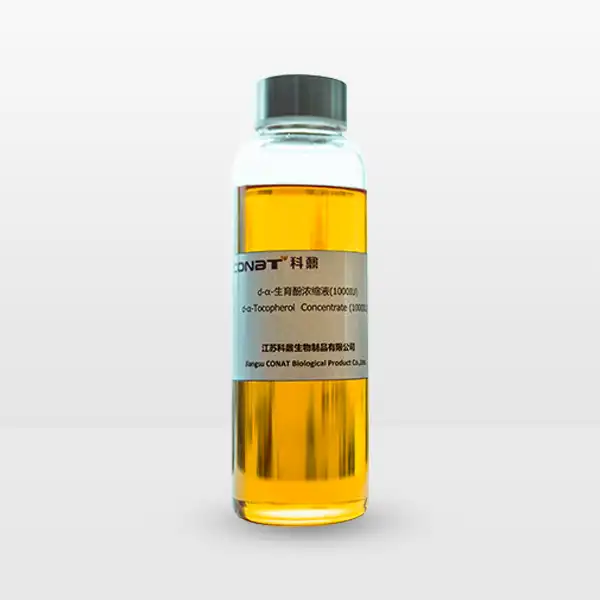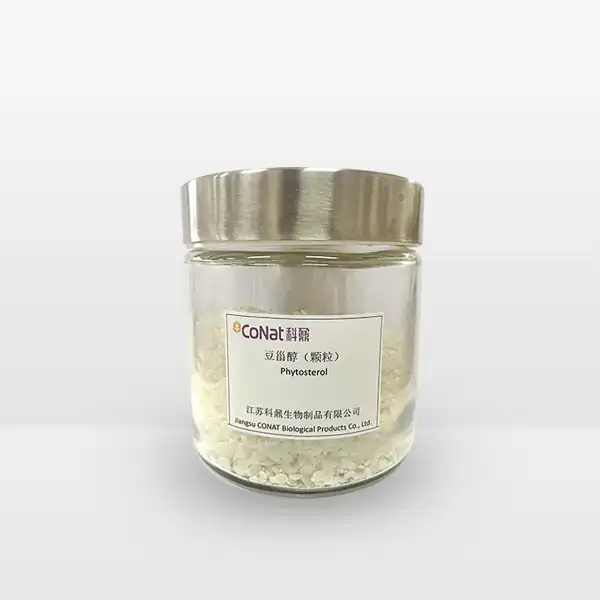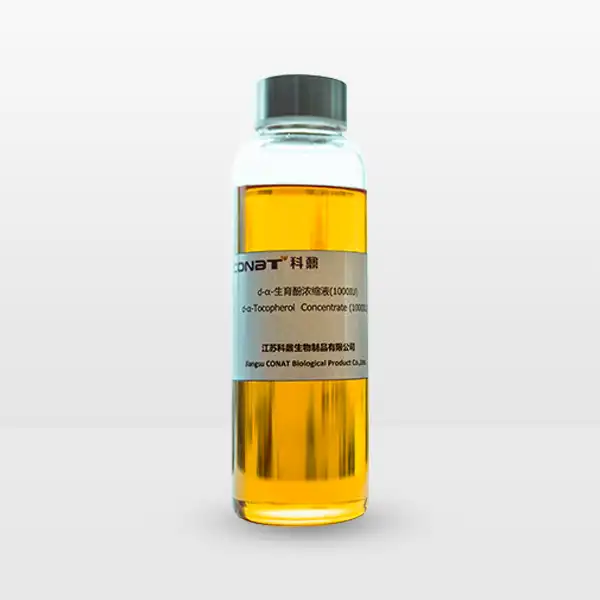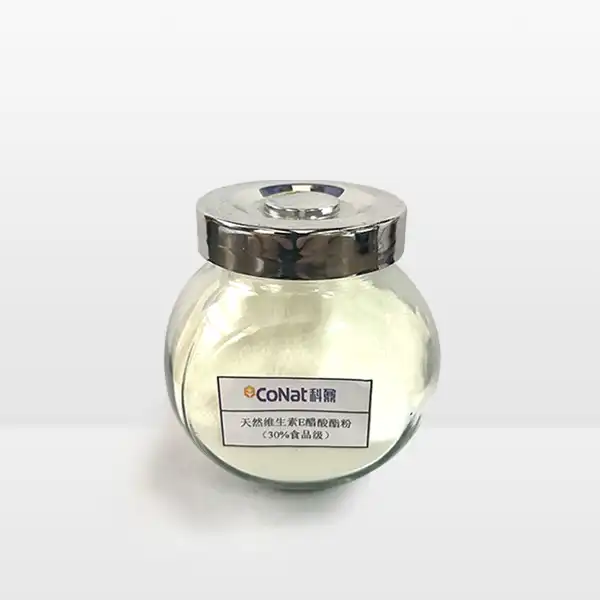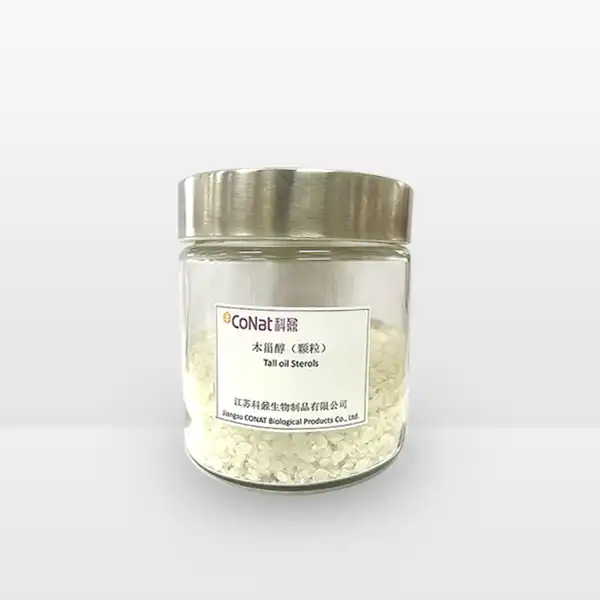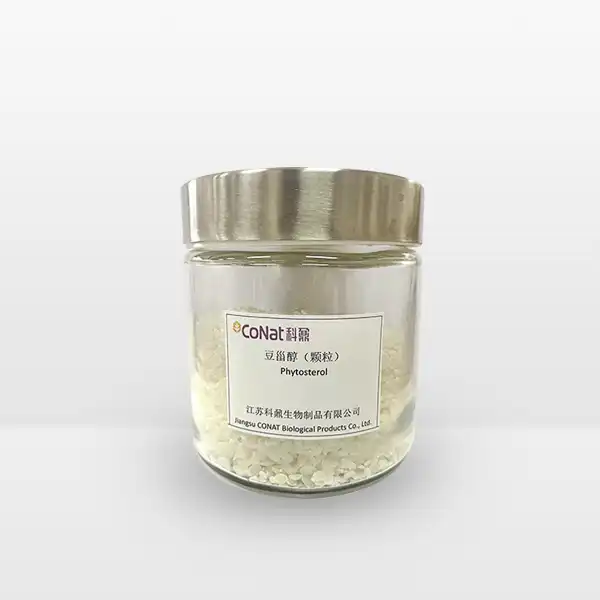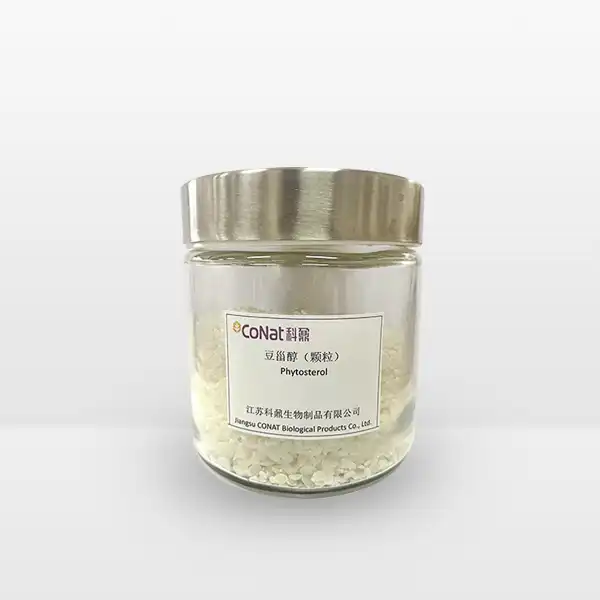- English
- French
- German
- Portuguese
- Spanish
- Russian
- Japanese
- Korean
- Arabic
- Greek
- German
- Turkish
- Italian
- Danish
- Romanian
- Indonesian
- Czech
- Afrikaans
- Swedish
- Polish
- Basque
- Catalan
- Esperanto
- Hindi
- Lao
- Albanian
- Amharic
- Armenian
- Azerbaijani
- Belarusian
- Bengali
- Bosnian
- Bulgarian
- Cebuano
- Chichewa
- Corsican
- Croatian
- Dutch
- Estonian
- Filipino
- Finnish
- Frisian
- Galician
- Georgian
- Gujarati
- Haitian
- Hausa
- Hawaiian
- Hebrew
- Hmong
- Hungarian
- Icelandic
- Igbo
- Javanese
- Kannada
- Kazakh
- Khmer
- Kurdish
- Kyrgyz
- Latin
- Latvian
- Lithuanian
- Luxembou..
- Macedonian
- Malagasy
- Malay
- Malayalam
- Maltese
- Maori
- Marathi
- Mongolian
- Burmese
- Nepali
- Norwegian
- Pashto
- Persian
- Punjabi
- Serbian
- Sesotho
- Sinhala
- Slovak
- Slovenian
- Somali
- Samoan
- Scots Gaelic
- Shona
- Sindhi
- Sundanese
- Swahili
- Tajik
- Tamil
- Telugu
- Thai
- Ukrainian
- Urdu
- Uzbek
- Vietnamese
- Welsh
- Xhosa
- Yiddish
- Yoruba
- Zulu
How do Vegetable Sterols Work in the Body?
Plant sterols, also known as phytosterols, are naturally occurring compounds found in plant cell membranes that bear a striking structural similarity to cholesterol. These remarkable compounds have garnered significant attention in the medical and nutritional communities for their ability to help maintain healthy cholesterol levels and support cardiovascular health. Understanding how vegetable sterols work in the body reveals a fascinating interaction between dietary components and human physiology, offering insights into natural approaches to health management.
What are the Benefits of Taking Plant Sterols Daily?
Plant sterols offer a range of health benefits when consumed regularly as part of a balanced diet or through supplementation. The primary mechanism of action revolves around their ability to compete with cholesterol for absorption in the digestive system. When consumed, plant sterols essentially act as molecular mimics, occupying the same absorption sites that cholesterol would typically use in the intestinal tract. This competition results in less cholesterol being absorbed into the bloodstream, as the body preferentially absorbs plant sterols instead.
Research has consistently demonstrated that regular consumption of Vegetable Sterols can lead to a significant reduction in LDL (low-density lipoprotein) cholesterol levels, often referred to as "bad" cholesterol. Studies have shown that consuming 2-3 grams of plant sterols daily can reduce LDL cholesterol by 8-10% within just a few weeks. This reduction is particularly significant because every 1% decrease in LDL cholesterol is associated with a 1-2% reduction in cardiovascular disease risk.
Beyond cholesterol management, plant sterols have shown promise in supporting overall cardiovascular health. They help maintain healthy arterial function and support proper blood flow throughout the body. Some studies suggest that plant sterols may also have anti-inflammatory properties, contributing to their cardiovascular benefits. Additionally, emerging research indicates potential benefits for immune system function and cellular health, though more studies are needed to fully understand these effects.
Regular consumption of plant sterols has also been associated with improved markers of metabolic health. Some research suggests they may help maintain healthy blood sugar levels and support proper insulin sensitivity. Furthermore, plant sterols have been studied for their potential role in supporting prostate health in men, though this research is still in its early stages.
How Long Does it Take for Plant Sterols to Lower Cholesterol?
The timeline for experiencing the cholesterol-lowering effects of Vegetable Sterols varies among individuals but follows a generally predictable pattern. The process begins immediately upon consumption, as plant sterols start competing with cholesterol for absorption in the digestive system. However, measurable changes in blood cholesterol levels typically become apparent within a few weeks of consistent use.
Most clinical studies have observed significant reductions in LDL cholesterol within 2-3 weeks of regular plant sterol consumption at recommended doses (2-3 grams daily). The maximum effect is usually achieved within 2-3 months of consistent use. This timeline aligns with the natural turnover of cholesterol in the body and the gradual adaptation of metabolic processes to the presence of plant sterols.
The effectiveness of plant sterols in lowering cholesterol depends on several factors, including the individual's baseline cholesterol levels, diet, lifestyle, and genetic factors. Those with higher initial cholesterol levels often see more dramatic results more quickly than those with borderline high levels. Consistency in consumption is key - the cholesterol-lowering effects are maintained as long as plant sterols are consumed regularly, but these benefits may gradually diminish if consumption is discontinued.
The time frame can be optimized by incorporating plant sterols into a broader heart-healthy lifestyle. This includes maintaining a balanced diet rich in fiber, engaging in regular physical activity, and managing stress levels. Some studies have shown that combining plant sterols with other cholesterol-lowering strategies, such as consuming soluble fiber or following a Mediterranean-style diet, can lead to more pronounced and faster results.
What Foods are High in Plant Sterols and Stanols?
Vegetable Sterols and stanols are naturally present in a wide variety of plant-based foods, though some sources contain higher concentrations than others. Understanding which foods are rich in these beneficial compounds can help individuals make informed dietary choices to support their health goals. Vegetable oils are among the richest natural sources of plant sterols, with corn oil, sunflower oil, and soybean oil containing particularly high amounts.
Nuts and seeds represent another excellent source of plant sterols. Pistachios, almonds, and sunflower seeds are particularly notable for their high sterol content. These foods not only provide plant sterols but also offer additional nutritional benefits, including healthy fats, protein, and various micronutrients. Legumes, especially peanuts and various beans, are also significant sources of plant sterols and contribute to overall dietary intake.
Fruits and vegetables contribute to plant sterol intake, though generally in lower concentrations than oils and nuts. Avocados, broccoli, cauliflower, and Brussels sprouts are among the vegetable sources with higher sterol content. Among fruits, oranges, apples, and berries provide modest amounts of plant sterols. Whole grains, particularly wheat germ and wheat bran, also contribute to dietary plant sterol intake.
In recent years, food manufacturers have begun fortifying various products with additional plant sterols to enhance their cholesterol-lowering properties. These fortified foods include certain margarines, yogurts, orange juices, and breakfast cereals. While these products can be convenient sources of plant sterols, it's important to consider them as part of an overall balanced diet rather than relying on them exclusively.
The absorption of Vegetable Sterols from food sources can be optimized by consuming them with meals containing some fat, as this helps with their absorption in the digestive system. Additionally, spreading plant sterol intake throughout the day, rather than consuming them all at once, may enhance their effectiveness in reducing cholesterol absorption.
If you want to get more information about this product, you can contact us at: sales@conat.cn.
References:
1. American Journal of Clinical Nutrition. (2023). "Plant Sterols and Cardiovascular Health: A Comprehensive Review"
2. European Journal of Nutrition. (2023). "Dietary Sources of Plant Sterols and Their Impact on Cholesterol Metabolism"
3. Journal of Nutrition. (2022). "Timeline of Cholesterol Reduction with Plant Sterol Supplementation"
4. Clinical Nutrition Research. (2023). "Mechanisms of Action: Plant Sterols in Human Health"
5. Nutrients Journal. (2022). "Natural Sources of Plant Sterols: A Systematic Review"
6. Atherosclerosis. (2023). "Plant Sterols and Cardiovascular Risk Reduction"
7. International Journal of Molecular Sciences. (2022). "Molecular Mechanisms of Plant Sterol Action"
8. British Journal of Nutrition. (2023). "Dietary Plant Sterols: Absorption and Metabolism"
9. Food Chemistry. (2022). "Analysis of Plant Sterol Content in Common Foods"
10. The Journal of Clinical Lipidology. (2023). "Plant Sterols in Cholesterol Management: Clinical Evidence"
